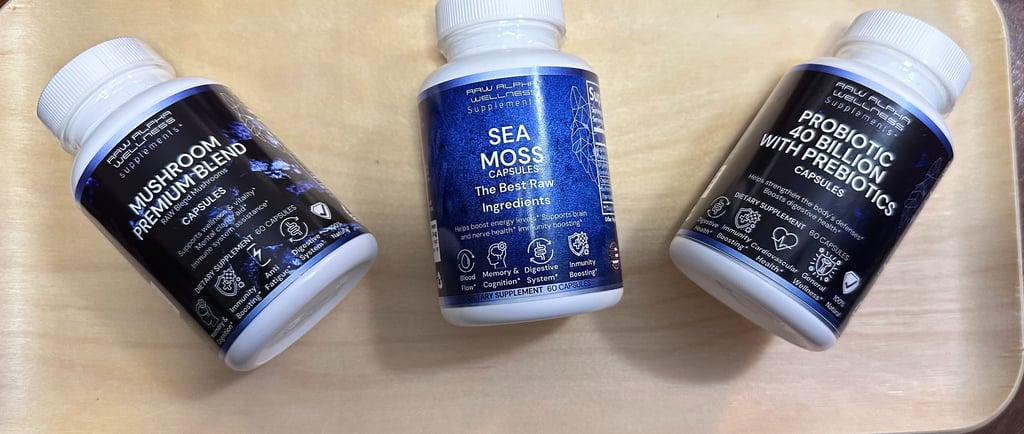Importance of supplements
Some dietary supplements can help you consume adequate amounts of essential nutrients if you don't eat a variety of nutritious foods. However, supplements can't replace the variety of foods that are important for a healthy eating pattern. If you'd like to learn more about what constitutes a healthy eating pattern, the Dietary Guidelines for Americans (external link disclaimer) and MyPlate (external link disclaimer) are good sources of information. Some dietary supplements can improve overall health and help manage some conditions. For example: Calcium and vitamin D help maintain strong bones and reduce bone loss. Folic acid lowers the risk of certain birth defects. Omega-3 fatty acids from fish oils might help some people with heart disease. A combination of vitamins C and E, zinc, copper, lutein, and zeaxanthin (known as an AREDS formula) might slow vision loss in people with age-related macular degeneration (AMD). For many other supplements, further studies are needed to determine their effectiveness. The U.S. Food and Drug Administration (FDA) does not determine the effectiveness of dietary supplements before they are marketed.
National Institutes Of Health
1/2/20251 min read


My post content
